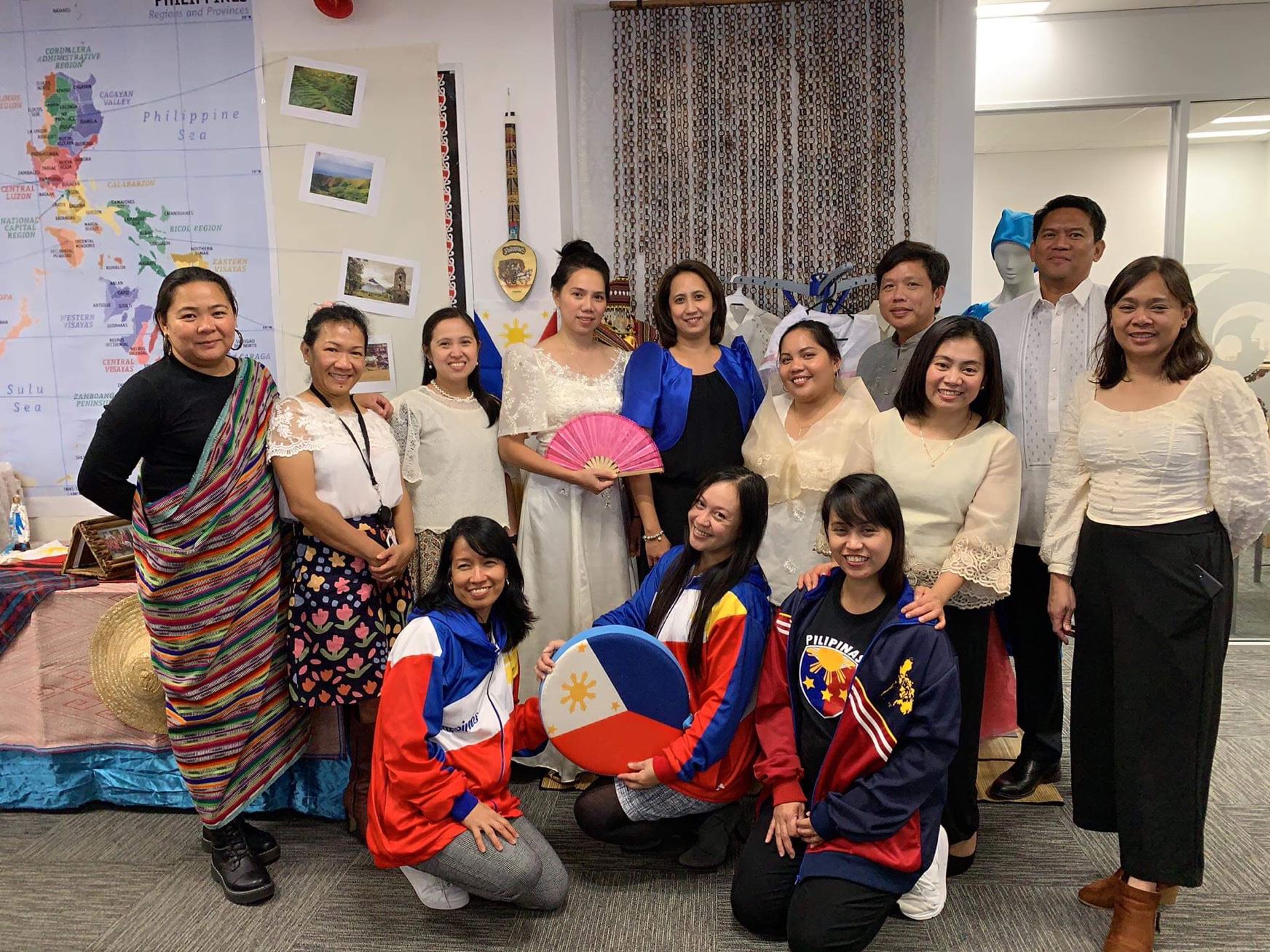Gaining cultural awareness studying at Te Wananga o Aotearoa
Published: March 10, 2022
Social Work Supervisor Cathy Gorme is excited about what studying at Te Wananga o Aotearoa means for herself and Oranga Tamariki.

Social Work Supervisor Cathy Gorme has just completed a Kaitiakitanga Post Graduate Diploma in Bicultural Professional Supervision at Te Wananga o Aotearoa. Now, she’s excited about what that means not just for herself but also the Ministry.
“Through this process, I not only gained cultural awareness but a new awakening, confidence and more importantly, I’m now able to feel a sense of connection and relationship with the tamariki and whānau we are privileged to work with.”
Cathy says her achievement will contribute to the Ministry’s practice shift which will draw from Te Ao Māori knowledge, methods and principles which are by their nature relational, restorative and inclusive.
“As individuals it’s important that we reflect on how our own worldviews (our knowledge, values and beliefs) help us to align with this shift.”
Kaitiakitanga - a major part of Cathy’s journey
Graduates of the programme also gain knowledge, practice, skills and attributes to make a positive difference as kaitiaki/supervisors by effectively working alongside whānau, hapū, iwi and communities.
Kaitiakitanga can be described as guardianship or protection. It can also mean guidance and support. This has reinforced Cathy’s understanding, commitment and dedication to performing her role and responsibilities.
“I believe it is considered an obligation by the Ministry to be a guardian that provides care and protection for tamariki.”
Community work experience in the Philippines
Cathy was born and raised in the Philippines where her career as a social worker began in 1998.
She managed community and residential facilities for children who came from the streets and were abandoned, neglected, involved with prostitution and sexually abused.
The role of these facilities was to provide shelter, educate parents and provide protection and educational support for the children.
Cathy has been with Oranga Tamariki since 2010 and is now based at the Homai site in South Auckland. She says her culture in the Philippines is very similar to Māori culture so jt was important for her to get a better understanding of the indigenous people of Aotearoa, and why empathy is an integral part of Māori culture when working alongside tamariki and whānau.
Diploma uses mātauranga Māori approaches
Graduates have the ability to develop their own bicultural model needed to supervise and support staff and peers.
Bicultural Professional Supervision is for those who want to gain a postgraduate diploma in professional supervision that has a unique point of difference in that it uses mātauranga Māori approaches as the core of its supervision curriculum in a range of different disciplines.
Graduates will also have knowledge, practice, skills and attributes to make a positive difference as kaitiaki/supervisors by effectively working alongside whānau, hapū, iwi and communities.

